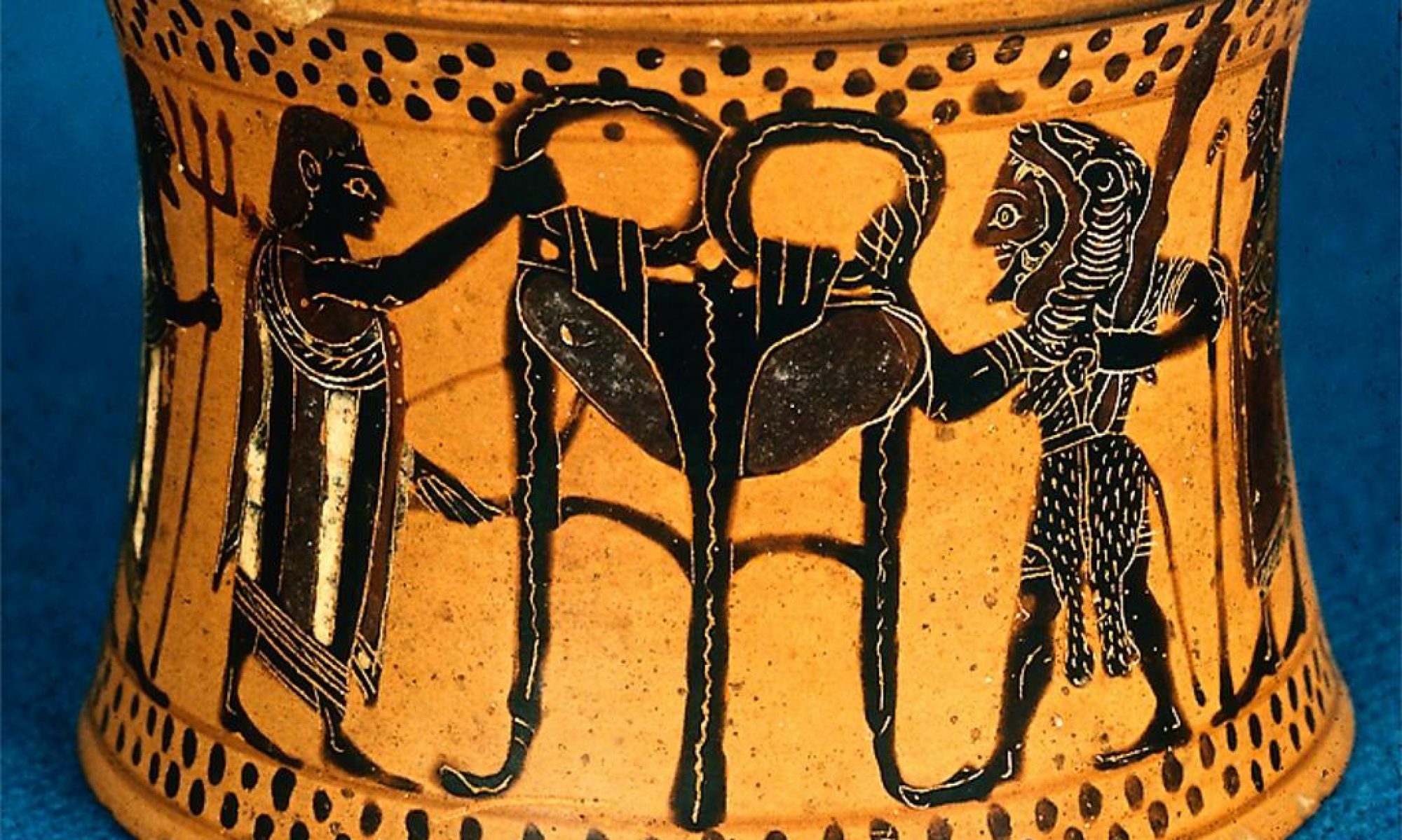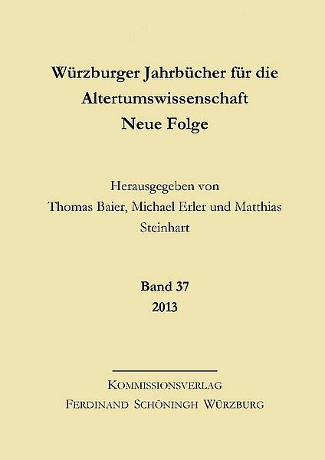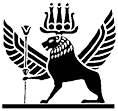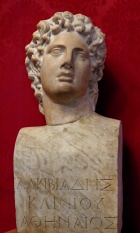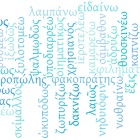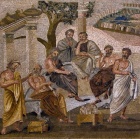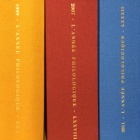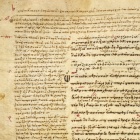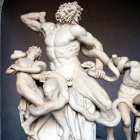Systasis№ 32 (2018)
СОДРЖИНА
СТАТИИ
Sabira Hajdarević
Sexual initiative in Aristaenetus'Erotic Letters(1-24)
The epistolary collection entitled Erotic Letters attributed to Aristaenetus was probably written in the 6th century A.D. The letters depict various sexual liaisons; the protagonists are single, married, engaged in extra-marital affairs, in relationships with slaves or courtesans etc.
The focus of the research is on the overall representation of lovers’ sexuality. The author investigates which sex is more likely to show sexual interest, to seduce, to initiate foreplay or sexual activities and to create the opportunity for their achievement. The results are placed into a wider context by the comparison with gender relations in Alciphron’s, Aelian’s and Philostratus’ collections. The final goal of the paper is to point to (potential) differences in the representation of male and female sexual agency and sexuality in general throughout the literary subgenre from Alciphron to Aristaenetus.
Дијана Ѓоргиева и Зорица Стоилева
Легисакциската (граѓанската) судска постапка во античкиот Рим(25-36)
Легисакциската постапка претставувала најстара римска граѓанска судска постапка. Настанувањето на оваа постапка го означило почетокот на искоренувањето на самопомошта како облик за заштита на субјективните права и воспоставувањето на системот за заштита на приватните права од страна на државата. Легисакциската постапка како прва државно организирана судска постапка била усна, едностепена и формална. Како таква покажувала специфични особености во перидот на Кралството и Републиката во античкиот Рим.
Snežana Filipova
Notes on Benče manuscript and the Paleologan art inspiration(37-54)
Аntique allegoric figures are part of the renewed interest towards classicism in Palaeologan art. This is not so common to find in medieval illuminations coming from the region and the cultural centers of medieval Macedonia. The Four Gospels (Tetrevangelium) from the church of Holy Archangels in Benče, Makedonski Brod, discovered in 1988 is one of the rare examples of manuscripts that contain illuminations with renewed interest towards classicism. It is written in semi uncial script and contains 360 folios. Each Gospel is preceded by a full page masterly illumination of the corresponding Evangelist. Their style has been described as neo byzantine and Balkan style in the short descriptions accompanying the booklets regarding this manuscript. The colors used are light green, red, blue and light brown that resembles gold. Each evangelist has next to him the image of the muse, the inspiration represented as small female figure with a kind of shall making an arch above her head. The background is painted in yellowish-orange color. The architecture and the thrones follow the fashion of the late 13th and 14th centuries. St. John and his pupil resemble the saints depicted on the pendentives of Holy Archangels, Lesnovo. The wall behind St. Mark has light drawing of cat like-human face. The roof of one of the buildings in this illumination is semi barrel. The time when the manuscript was written is probably when archbishop Prochorus was the head of the Ohrid Archbishopric (ca.1525-1550).
Elena Džukeska
Multa multat (Pl. Rud. 20)(55-64)
The present article focuses on the 20-th verse of the prologue of Plautus'Rudens and in particular on the phrase multa multat. This obvious figura etymologica is analyzed as a more complex wordplay based on the double meaning of the word multa, as a form of the Latin word for "fine" and as a form of the adjective multus, "many, much". The semantic relations with the other words in the immediate context are also discussed, as well as the possible etymological connection between multa, "fine" and multus,"many, much". It is concluded that Plautus' play on the words multa, multō and multus is valuable not only as an early literary attestation of the word for "fine", but also as a possible evidence for its etymology.
Marcela Andoková
Demus pro spectaculis spectacula. The role of delectatio in Augustine's preaching activity(65-80)
In this article, I focus, first and foremost, on aesthetic or entertaining aspects of Augustine’s preaching activity. This aspect of his speech is, in fact, closely connected with delectare which, according to Cicero, constitutes one of the three major tasks of an orator. So my argumentation here is based on Augustine’s homiletic theory presented in Book IV of his De doctrina christiana. Against the background of some examples taken from his exegetical homilies and from his sermons I try to show that the entertaining function of Augustine’s words is in the service of his Christian teaching. The moderate style as a main source of delectatio is especially convenient when the preacher talks about things which his audience already know with the view of creating pleasure in talking about them. The advantage of this style is that even uneducated people can enjoy such embellished speech and might be also moved by it. To pursue this task Augustine gets use of several images among which the image of a theatre stands out. In order to lead his faithful away from theatrical performances he transforms his sermon into a Christisan show.
ПРЕВОДИ
Даниела Тошева-Николовска
Брачен договор од Римски Египет (P.OXY. X.1273)(81-89)
Овој текст претставува кратко претставување на брачните договори од Египет и превод на P.OXY. X.1273, еден од многуте предбрачни договори пронајдени во Оксиринх кон крајот на деветнаесеттиот век. Важноста на договорот се состои во тоа што припаѓа на периодот од средината на третиот век, за разлика од другите договори што се претежно од првиот или вториот век од н. е. Тоа значи дека договорот е направен во период кога сите слободни жители во Империјата имаат римско граѓанство, па според тоа треба да содржи елементи што се својствени за римското брачно право. Но, освен гентилните имиња Аврелии и стипулаторната формула, која е вообичаена во договорите, договорот во основа е грчки, не многу различен од оние во периодот на Птолемаидите.

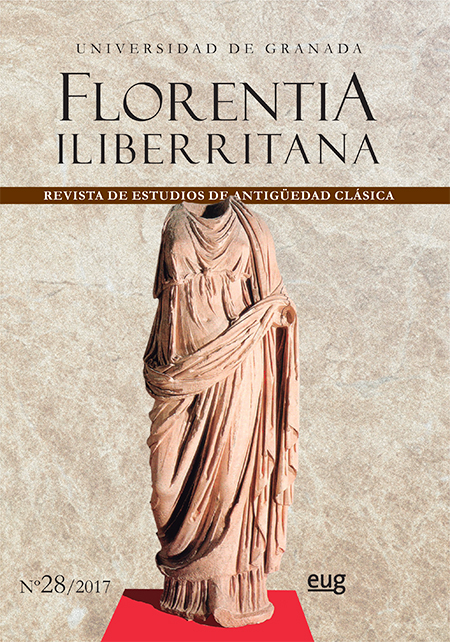
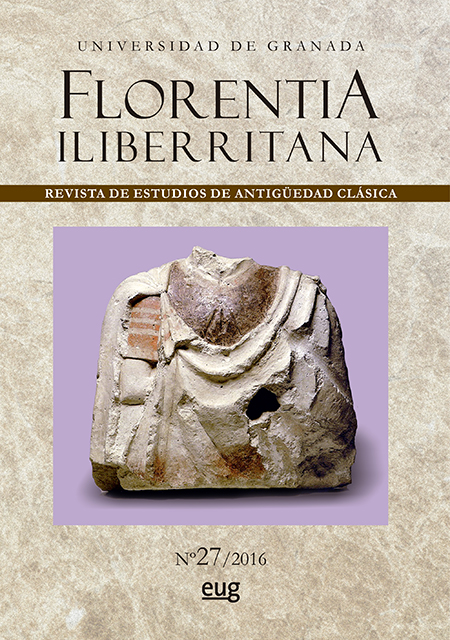
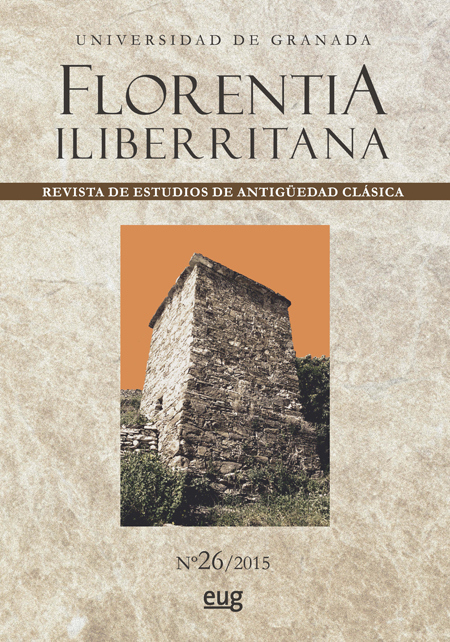
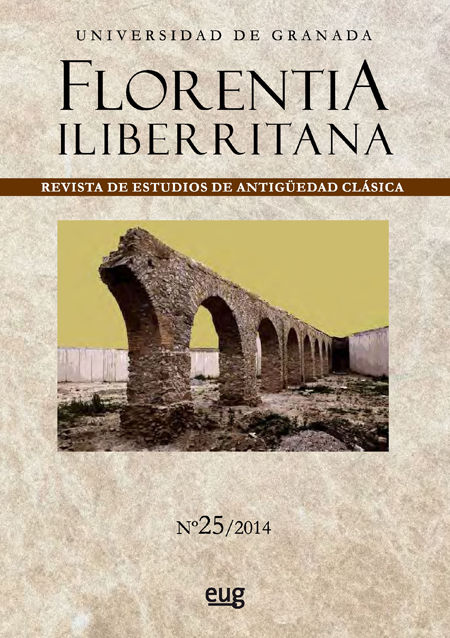
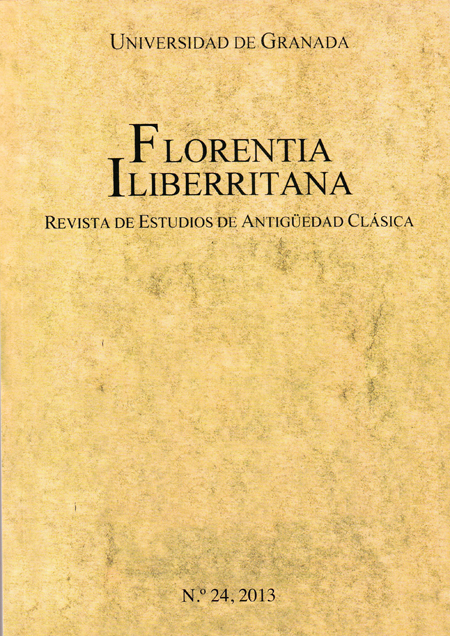
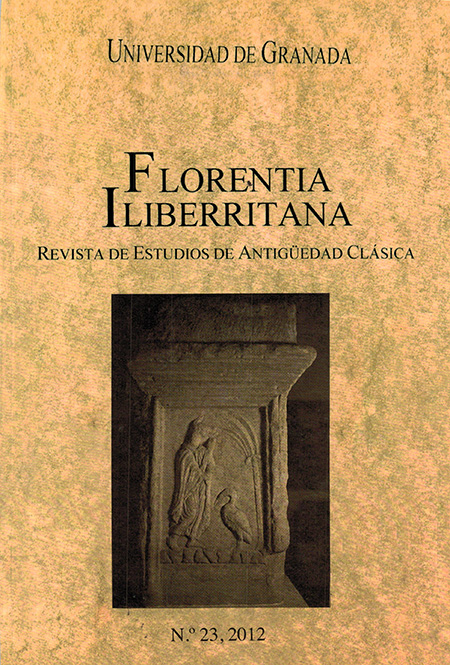
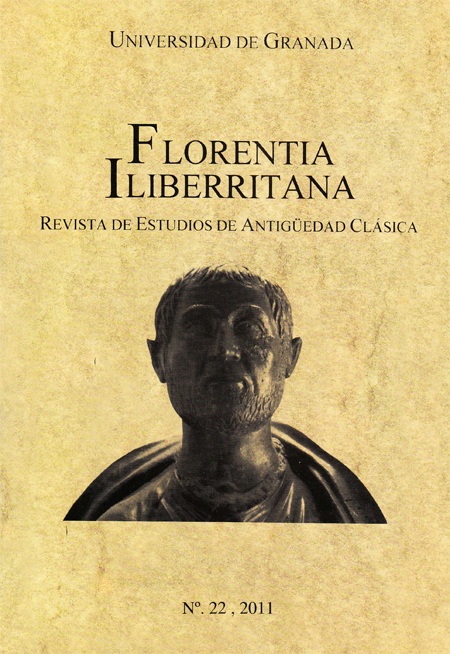
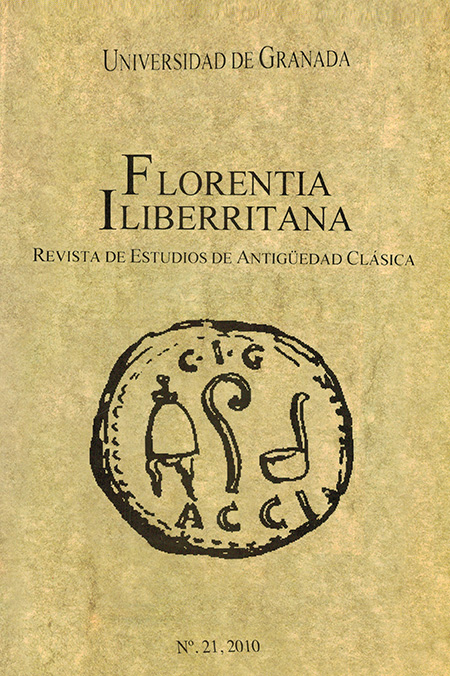

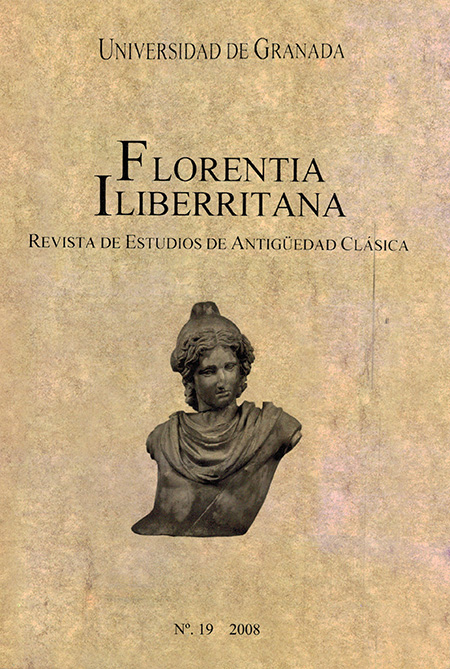
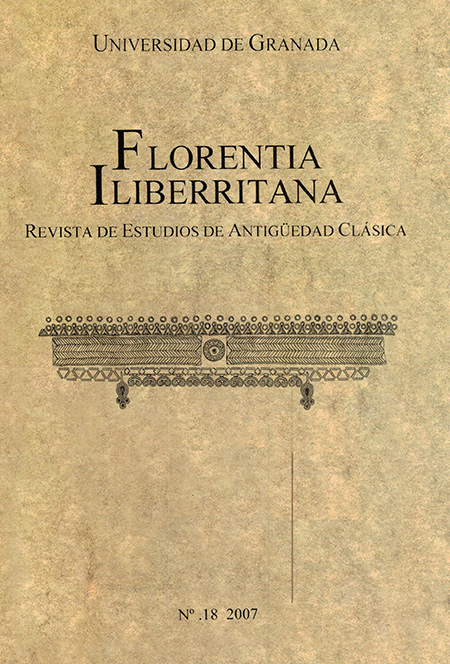
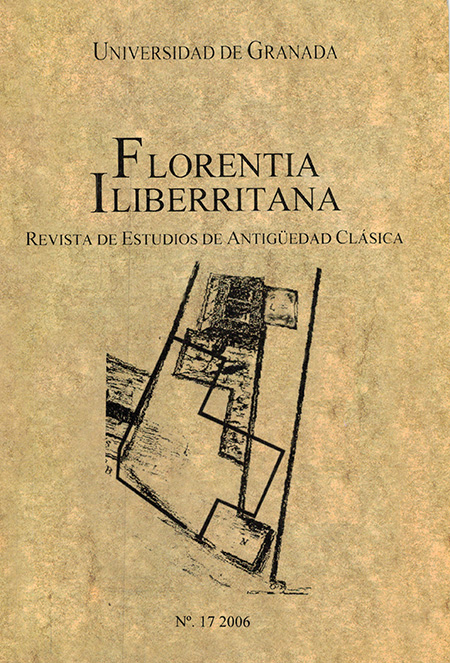
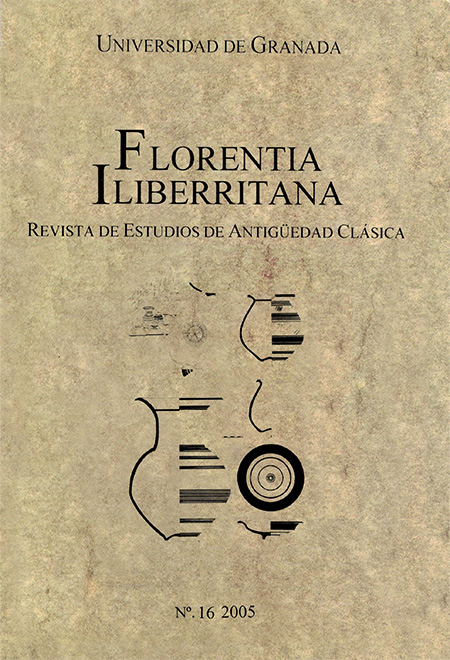

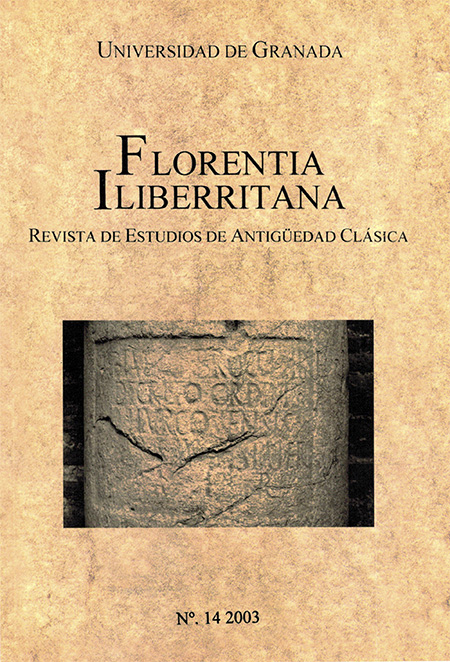
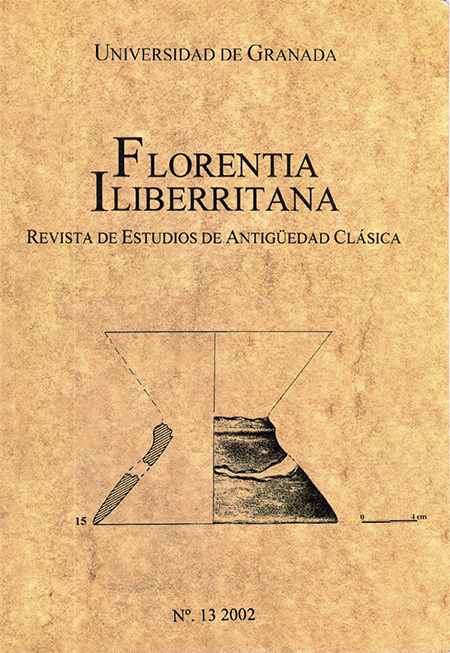
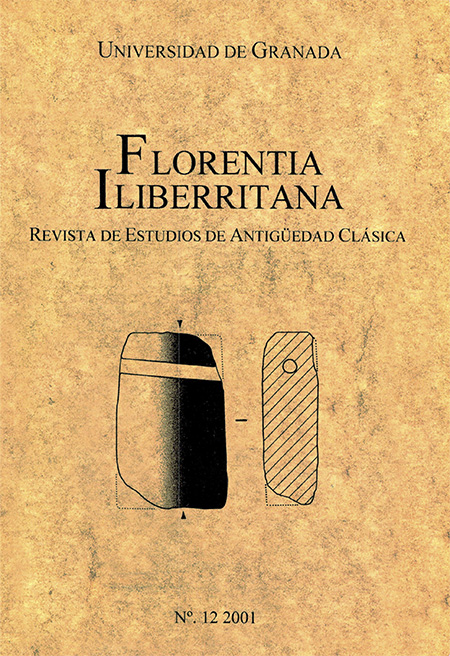
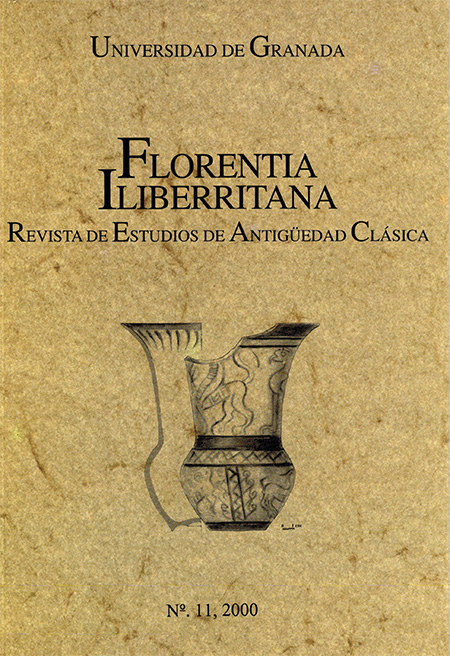
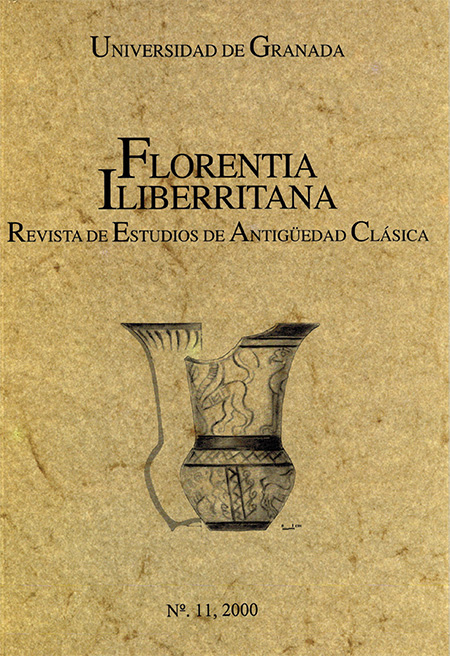

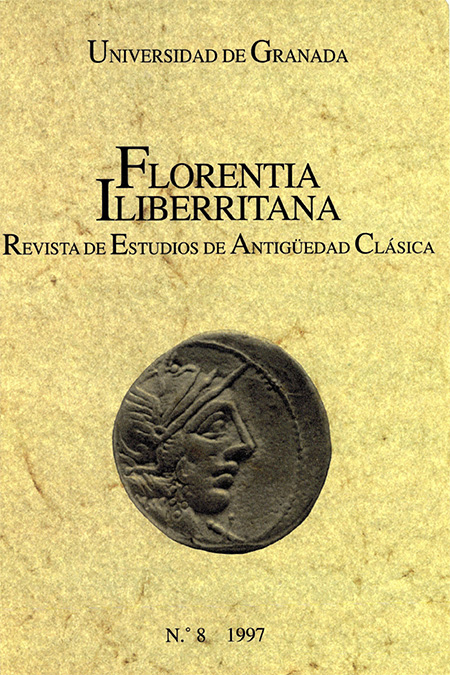
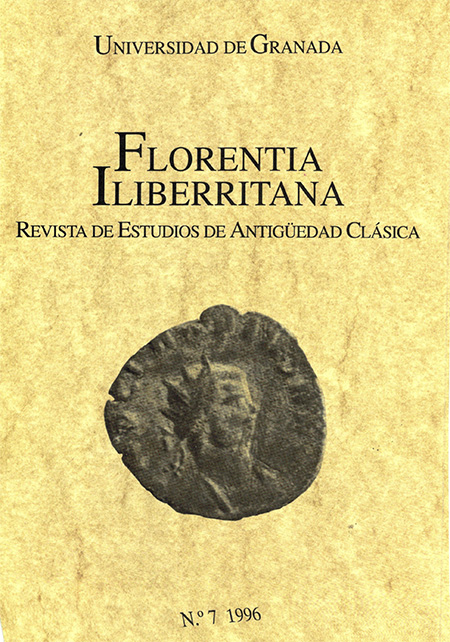
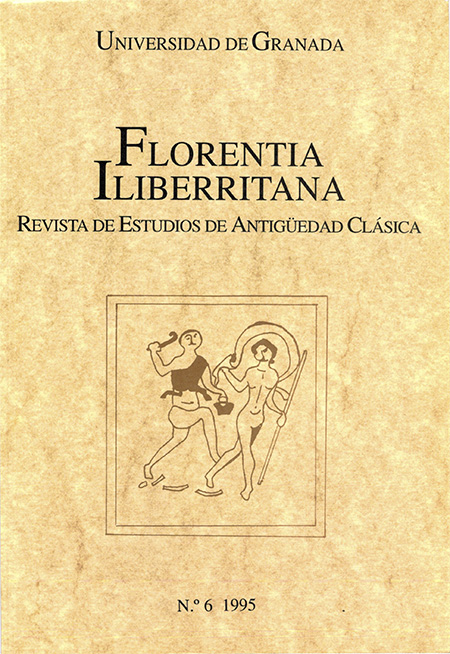
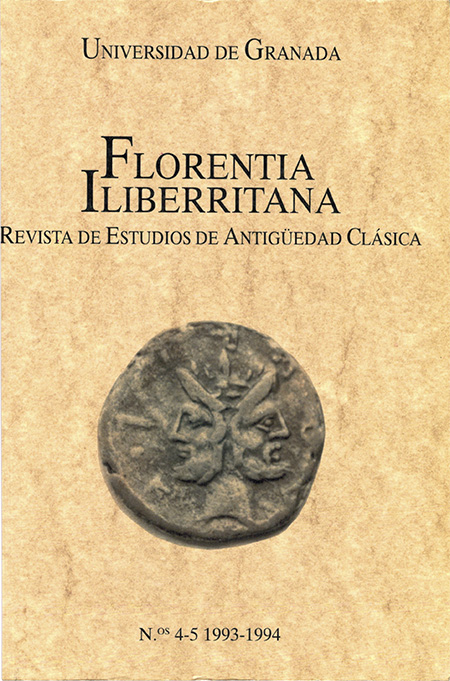
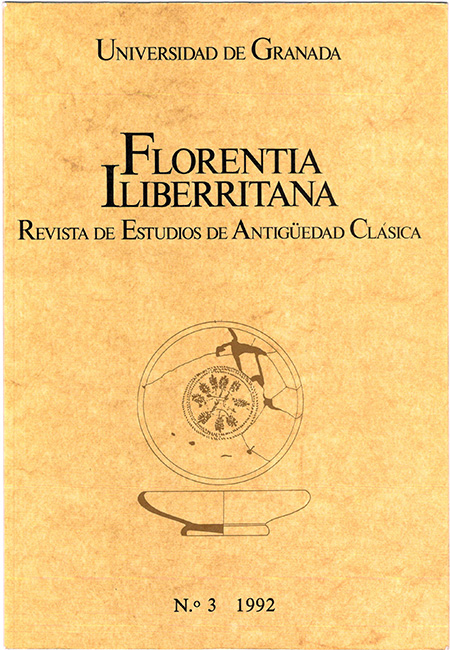
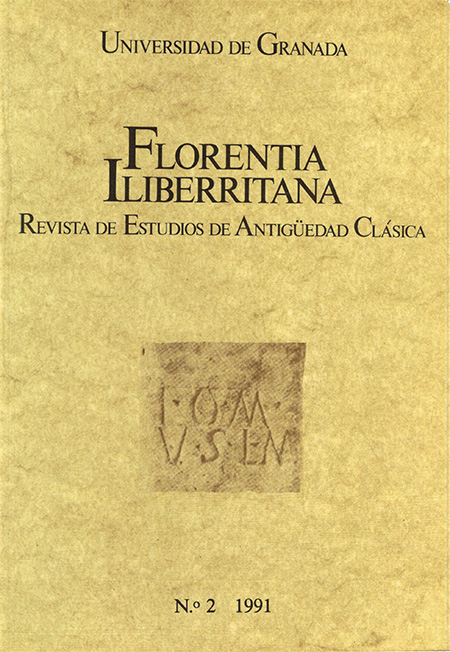
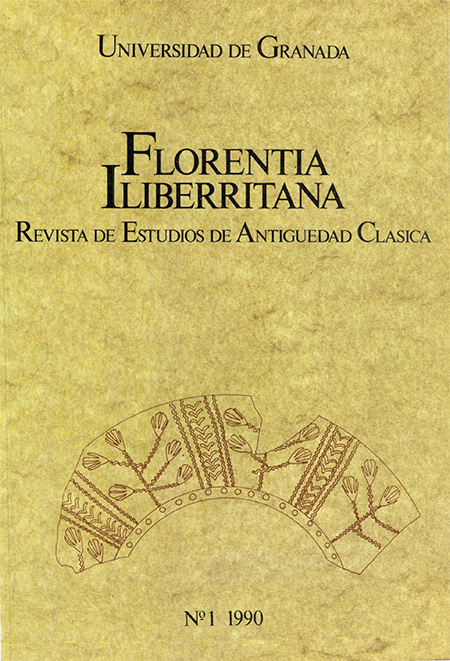

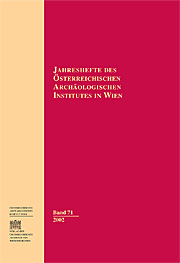
 journal
journal




